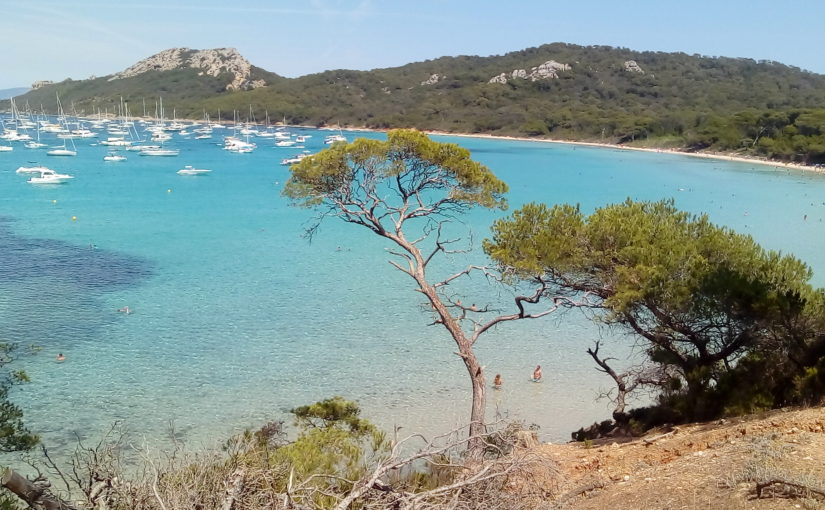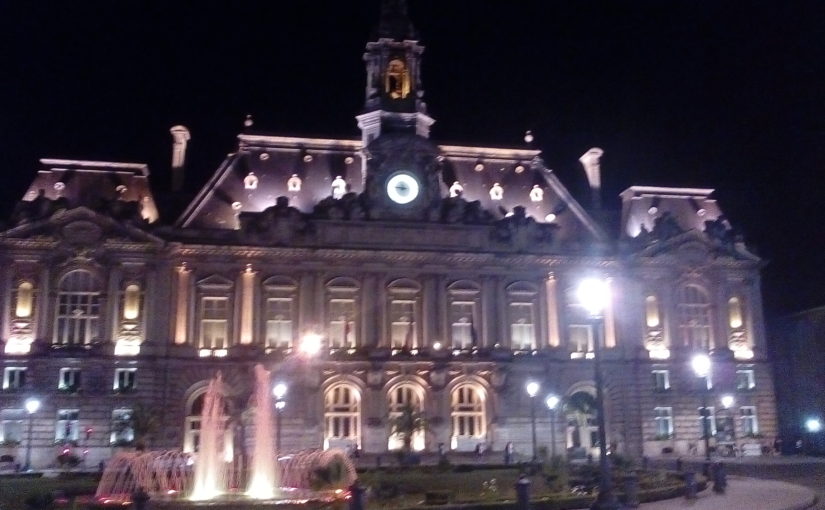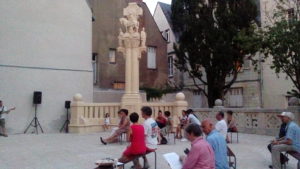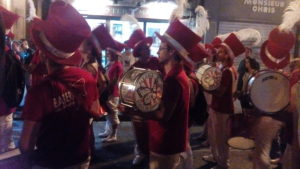One month has passed since returning to the United States from Tours, France, enough time to consider my study abroad experience and pass along advice to future applicants who might stumble upon this page.
My first suggestion is this. It’s important to have your language skills as sharp as possible before you study a language abroad, both in terms of general advancement and in terms of freshness of mind. The Center for the Study of Languages and Cultures is right to demand that students possess language skills of a certain level in order to be eligible for the reward, because you need a certain language capacity before beginning to reap the particular benefits of studying abroad.
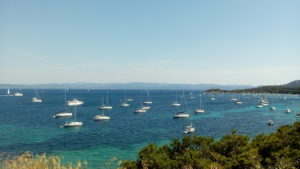
At the Institute of Touraine, where I studied, there were many complete or almost complete beginners who were having a miserable time of it. That shouldn’t happen with a study abroad experience. You should be uncomfortabe, even exhausted after each day of communicating in your foreign language, but you should also enjoy the difficulty because it is the good kind of difficulty, the type where you know you’re working on something challenging but which will bring its own satisfaction in the end. You can’t work through the tough times when it’s all frustration and no glimmer of future satisfaction.
In certain cases, as with languages not offered at Notre Dame, this requirement can’t be met. But even then, I believe it important for students to have some familiarity with the language before studying abroad. You’ll get the most out of every experience in your chosen country.
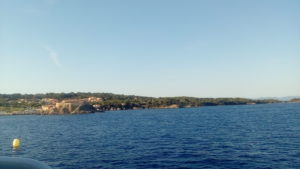
In terms of practical considerations, it really is necessary to research your language school beforehand and to understand their specific manner of teaching the languge. The Institute of Touraine has a longstanding reputation, and many Notre Dame students have studied there in the past. Still, I should have researched a handful of things more deeply before committing to Tours, including the number of national holidays that would coincide with my time in France (not the institute’s fault, of course). I lost about three or four class days due to the French refusal to work more than is absolutely required. I wish that I would have familiarized myself with the specifics of the afternoon activities offered by the institute, however, because they cost a pretty penny and were not very helpful.
In the end, much of your experience will be a result of the luck of the draw. I was moderately happy with the languge instructors my first month in Tours. I learned at a steady pace that month, but at the time I was disappointed that I was not progressing faster. That changed quickly once I moved to the next month’s session and gained new professors. These two professors were among the best language instructors I’ve ever had. The students in this course were also exceptional. There were fewer Americans, and they were more serious about learning the language instead of sightseeing (there may be a connection between the two clauses of my sentence).
I believe I learned more in the two weeks I spent in that second class than in the entire month I spent with the first class. Some of this can be attributed to having been “warmed-up” to speak and think in French that first month, but more, I believe, had to do with the specific elements of that second classroom. I wish I could have stayed another month with those professors and students.
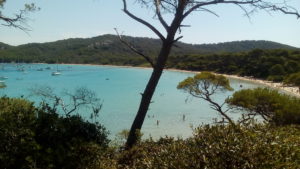
In closing, I’d like to explain that the images between the paragraphs in this post were taken on a trip I made to an island near the Côte d’Azur in Southern France, where a very good friend lives (il est français), after my studies in Tours were completed. I would also like to thank the donors for making this experience possible. My French is better than it’s ever been, and, most importantly, I now know exactly how far I have to go. I think that I can get there, too.
Merci bien, mesdames et messieurs, et au revoir.
